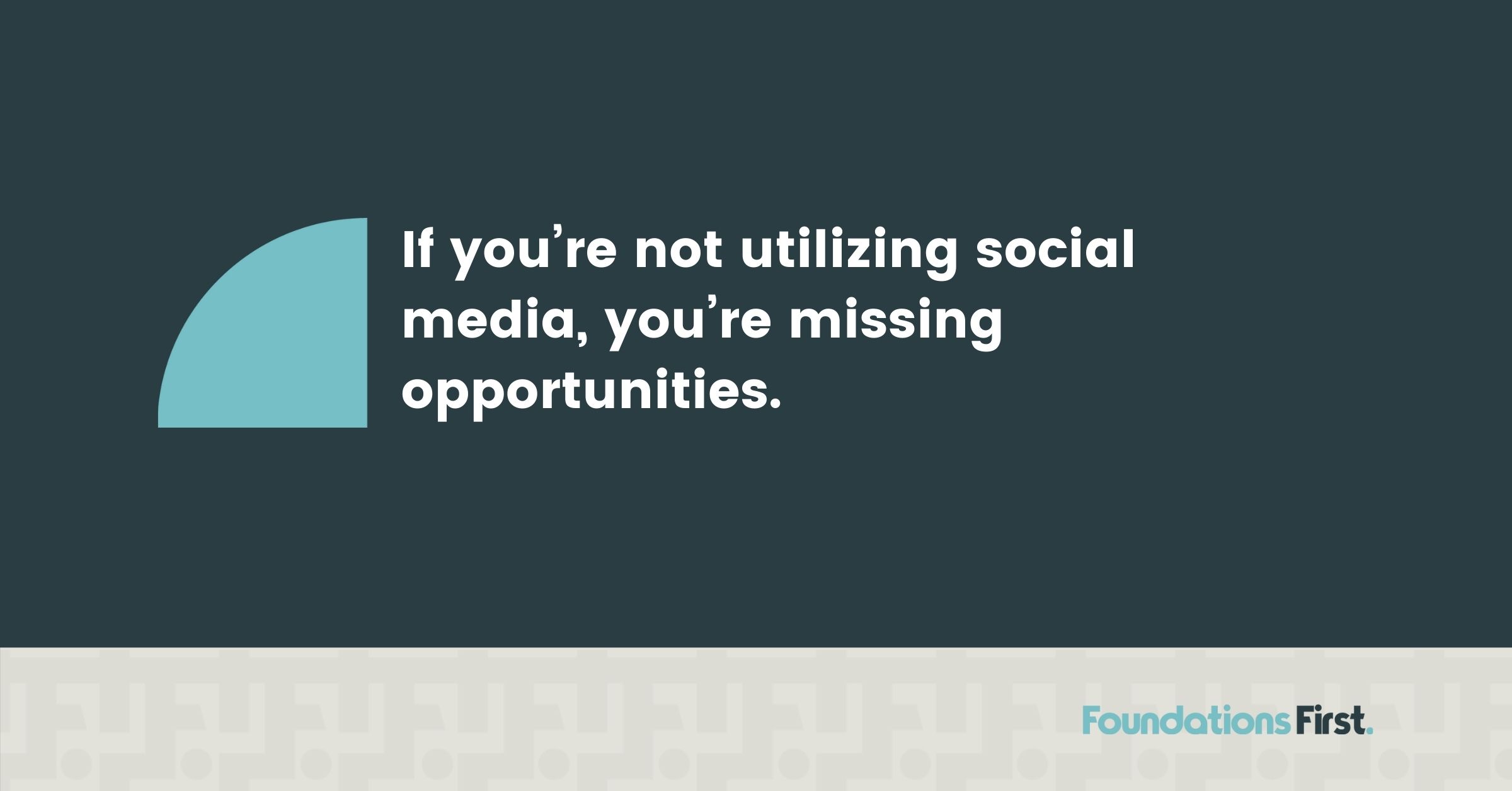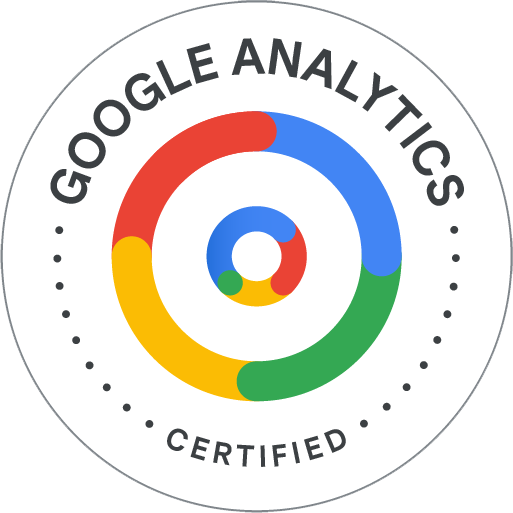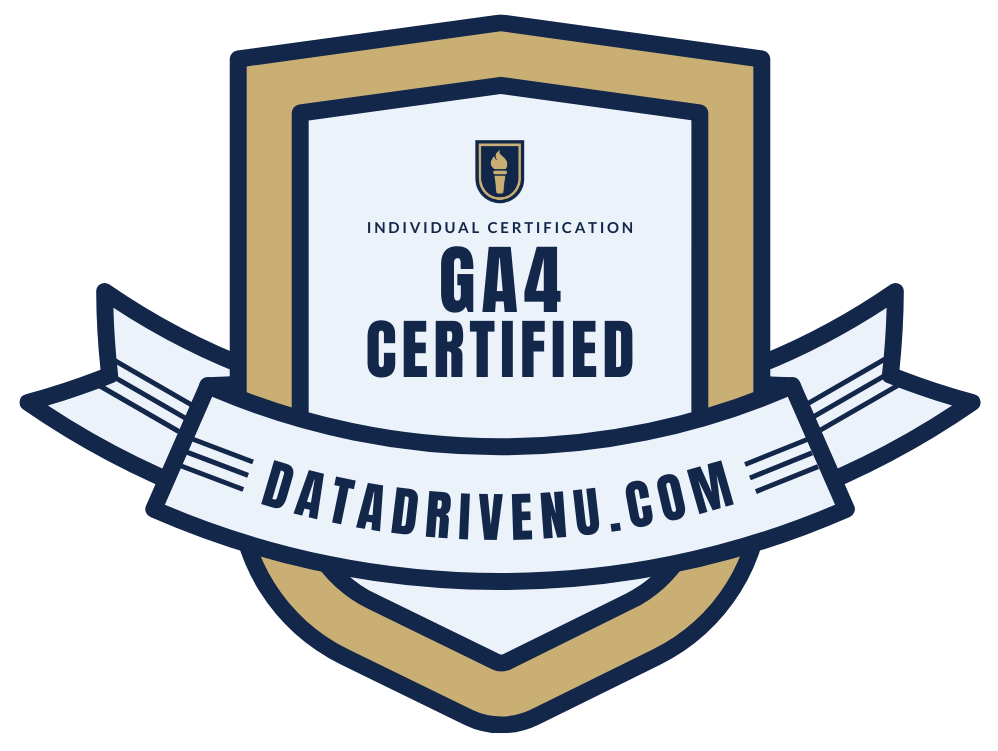B2B Skeptic’s Guide to Today’s Social Media

“Look, social media isn’t for my B2B. Think I wan’t my marketing team wasting time on cat videos? Besides, my customers don’t hang out on social media anyway!”
Yep, we’ve heard that. And we worked to keep our faces contemplative and neutral when our inner voices screamed, “Wanna bet?!” Even so, we get it. Many B2B founders envision the social media of a decade ago. Plus, they have some legit concerns that we’ll address here. But today’s social media provides a way to expand your message to a larger, more diverse audience. It’s a tactic that can funnel leads–good leads–to your website. It can help grow your business. So before you cast the whole social media idea into the circular file, you’d better take a hard look at what today’s social media can do for you. Bottom line, if your competitors and customers are using it, you’d better give it a second look-see. In the following B2B skeptic’s guide to today’s social media, look at who uses social media, why they’re using it, and how it can grow your business.
I. Who is using social media? For starters, your competitors and buyers.
Skepticism is healthy. In its best form it prompts you to ask questions to get more information. That’s why you’re reading this blog. But if your competitors have embraced social media, there’s likely some good reasons why. Of course, we don’t suggest you jump off a bridge just because XYZ company did. Even so, data tells us that business buyers use all things digital to get advice, often before ever talking to a sales rep. And that includes finding out about companies and services via social media. Consider the following:
- In 2018, Adobe credited its LinkedIn social media efforts for closing 42% of its deals. Furthermore, those LinkedIn-influenced deals averaged out to be 161% larger when compared to baseline deals put together offline, in the boardroom, or otherwise.
- The “2019 Definitive Guide for Building a Marketing Strategy that Influences B2B Sales” reported that 70% of marketing executives use social media for business, 67% use it daily, and 39% said social media content influenced their choice of vendors.
- 90% of marketers report social marketing has increased exposure for their business, and 75% say they’ve increased traffic. (Ignite Visibility, 2018).
- According to IDG, 84% of C-level and VP-level buyers are influenced by social media when making a purchase.
II. Why Social Media?
A. Social Media Helps You Better Communicate With Customers.
You use email, snail mail, phone calls, and your website to communicate with customers. All of these have their place. Adding social media gives you a real-time platform to engage with customers where they hang out. You don’t have to be on all the social media platforms; focus on the ones your customers use. For B2Bs, LinkedIn is the obvious place to start.
For B2B marketers, LinkedIn is the primary social network platform. Why? Because it’s built for business networking. Therefore, it’s especially well positioned to help you with lead generation. High-level executives who have the power to make purchasing decisions are on LinkedIn. They’re also key influencers in various business sectors. If you’re a B2B and not on LinkedIn, it’s time to hop on.
B. Social Media Helps You Better Understand Your Target Market.
Need to better define your target market–maybe niche it down? Social media platforms are a great place to secure your niche. There you can glean a lot of data on age, location, language, spending power and preferences, interests, and stage of life. Not only that, but on platforms like LinkedIn, you get un-gated access to you potential customers’ needs–in their language. It’s a great place to listen, so you can better target campaigns to a focused audience.
For example, if you’ve already created an ideal customer profile (ICP), then on LinkedIn, you can set up filters tailored to that ICP’s characteristics like location, company size, industry, job title, and skills. Not only that, but you can leverage LinkedIn’s Direct Sponsored Content to test your messaging. That way, you’ll know what topics and solutions best engage your audience. That saves you from throwing too much money into broader marketing campaigns that don’t interest that audience.
C. Social Media Helps You Personalize the Customer Journey.
The key to building brand is less about waxing on about your product and more about how you make people feel. It’s a cultivation process. In the old brick and mortar days, if a proprietor knew you and your tastes, shared your core values, and was known for giving back to the community, you shopped there. Those small mom & pops cultivated relationships. They were personalization experts.
Today B2Bs must grow and compete in a digital world. The old methods of cultivating relationships with customers and potential customers must now take place in a digital context. And social media helps you do that.
Not only does social media provide you with an amazing amount of insight on how and for what your audience shops, but it also allows you to customize your interactions. Social media gives you a place to engage with potential customers. By targeting your audience’s pain points and offering up useful solutions, your B2B can cultivate brand awareness and loyalty, client satisfaction, and customer retention. And that process–each and every step–is all about relevancy and emotion.
I love Shama Hyder’s LinkedIn piece “How to Personalize at Scale for Your B2B.” In it, she offers some great personalization tactics that “move the needle” without coming off as creepy. These include:
- creating campaigns that link highly targeted digital ads to personalized landing pages,
- and mapping content to specific buyer experiences or questions.
These will be down the road if you haven’t yet embraced social media as a tactic, but they offer some useful possibilities to chew on.
D. Social Media Allows You To Showcase When Your Brand Does Well By Doing Good.
Consumers, especially millennials, now expect companies to be good corporate citizens at both a local and global level.
- A 2018 Futerra survey revealed 88% of 1000 UK and US respondents wanted brands to help consumers improve sustainable lifestyles.
- 75% of millennials say that it’s either fairly or very important that a company gives back to society instead of just making a profit.
- 62% of millennials say that if a brand engages with them on social networks, they are more likely to become a loyal customer.
Your brand’s values matter. Social media is a great place to talk about those values, thereby creating more brand awareness and trust.
E. Social Media Helps You Connect And Grow Stronger Networking Relationships.
When you’re a smaller B2B owner, networking is a critical way to connect with others in your industry and generate leads. Networking is also essential for nurturing B2B relationships with non-competing brands. But the days of germinating those relationships at conventions without social media are pretty much over. Social media gives you a forum to establish yourself as a valuable resource and helps open doors for those convention meet-and-greets.
F. Social Media Enables You To Improve Client Retention By Keeping The Brand Fresh In Your Customers’ Minds.
It can cost up to 5 times as much to attract a new customer as it does to nurture and retain an existing one. Although customer experience is key to having customers return, social media is a perfect way to keep touch with existing customers. The more interaction you have, the more trust you build. Treat your customers like trusted neighbors. Social media gives you a way to not just talk at customers; on social media you can talk with them!
G. Social Media Opens Research Doors.
Social media provides you entrée into all kinds of discussions and groups that allow you fly-on-the-wall observation.
- Use tools like Google Alerts to keep tabs on any mention of your brand, competitors, or industry.
- Leverage tools like Mention, Hootsuite, and Buzzbundle to monitor relevant campaigns and slogans.
- Respond thoughtfully when your brand is mentioned, whether it is a positive or negative mention.
- Gain key insights into your competition to learn what works for them; make those strategies yours.
- Gather important data prior to a product launch.
- Develop specific buyer personas.
- Improve your customer service by transparently resolving service issues on social media. By doing so, you learn customer likes, dislikes, and if other customers had similar problems. This pays off. Customers who have had issues effectively and quickly resolved end up spending 20% to 40% more with the company.
Still reading? Or are you setting up your LinkedIn account?
Reasons B2Bs Avoid Social Media
We recognize your fears and concerns. Let’s talk about those:
A. “I’m afraid of wasting time and money.”
I’m not going to blow warm air up your skirt or pant leg: social media done well takes time. But it’s not time wasted. And once you grow into social media, you’ll discover automation can solve many of your time problems. You can start out small. Social media platforms like Facebook and Instagram are free to use, while LinkedIn and other sites offer free services too. Paid advertising on social media still offers the best value for money on the market.
B. “I don’t want other companies stealing my customers.”
Using social media puts your brand out there in the big public ocean. It’s only natural, then, for you to worry about competitor sharks. But focus on data and not emotion. In 2018, only 6 people were killed by sharks world-wide. Likewise, your existing customers are unlikely to swim to new waters if your products and services satisfy their demands. Remember, with all these new tools at hand, you’re a shark, too.
C. “I’m afraid my employees will misuse social media.”
Look, no small business owner wants to go viral because some employee posted a Pepe the Frog meme on the company Facebook page. But that nightmare is preventable. Hire good people and train them. Have a clear company social media policy. Limit who can post on your social media pages. Don’t let worst-case scenarios keep you from the social media rewards that await you.
D. “I’m afraid of abandoning marketing strategies that have worked in the past.”
Adopting social media is a big dog step for your company. But adopting a digital strategy doesn’t mean you have to abandon campaigns and methods that have served you well. Social media can help you support and expand those proven strategies.
B2B markets are hopping. Social media can help you cope. Offline marketing and other smaller business digital marketing strategies (email and your website) are still important, especially locally. The more you integrate all into one message and strategy, the more success you’ll have.
E. “I don’t want to get into something I don’t know about.”
It’s scary to learn something new when it appears everyone else knows all about it. Especially something like social media with its own psychology and metrics and acronyms—phew! We hear ya! Been there. But really, did you understand everything you needed to do as a business owner when you started your business? No. You learned along the way.
Need help getting started?
The best way to get started is to know exactly where you’re at. Our Foundations First Marketing Audit examines 20 foundational marketing elements. By doing so, we find cashflow leaks, missing or broken tactics, and opportunities you can leverage. We show you exactly what’s keeping you stuck. Plus, you’ll get a prioritized, doable plan to fix it. With that information, you can more confidently leverage the powers of social media. Set up a consult today.

Michelle Tresemer
Categories
- Analytics and Measurement
- Brand Messaging
- Competitor Analysis
- Content Marketing
- Digital Marketing Strategy
- Digital PR & Events
- Marketing Budgets
- Marketing KPIs
- Marketing News
- Marketing Rock Samples
- Marketing Staffing & Vendors
- Marketing Strategy
- Marketing Tech Stack
- Podcast
- Product Marketing
- Sales Marketing Alignment
- SEO
- Social Media
- Strategic Marketing Partnerships
- Target Markets
- Uncategorized
- Vision & Purpose
- Webmaster








